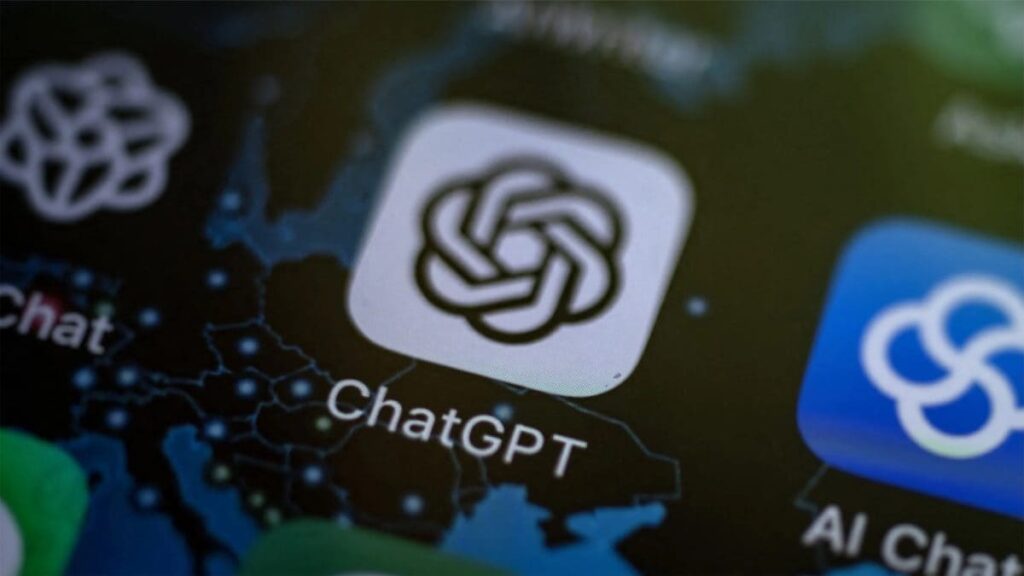Although India leads the way in terms of downloads, most users in the country tend to use these apps for free. In contrast, North America and Europe account for a whopping 68% of global in-app purchase revenue for AI apps.
read more
India has emerged as the largest market for AI mobile applications, contributing 21% to global AI app downloads in the first eight months of 2024.
Data from Sensor Tower reveals that over 2.2 billion AI apps were downloaded globally during this period, with India playing a key role in driving adoption. Popular AI apps like ChatGPT, Microsoft Copilot, and Google Gemini were the most downloaded, along with a variety of image and video editing tools.
Free usage is the norm in India
Although India leads the way in terms of downloads, most users in the country tend to use these apps for free. In contrast, North America and Europe account for a whopping 68% of global in-app purchase revenue for AI apps.
Global AI app revenue has crossed $2 billion so far this year, but India’s contribution remains less than 2%. Nevertheless, Sensor Tower predicts that total AI app revenue will reach $3.3 billion in 2024, an increase of 51% year over year.
The explosive growth of AI and chatbot apps is already evident in 2023, with downloads surging more than 14 times to nearly 600 million. This upward trajectory continued through 2024, with over 630 million downloads in the first eight months alone, more than in all of 2023.
OpenAI’s ChatGPT led in global downloads, followed by AI image editing app Remini, Photoroom AI Photo Editor, and Google’s Gemini.
Transition to an “appless ecosystem”
Experts predict increased adoption of AI-powered apps for a variety of generative purposes, such as text, image, and video creation, in addition to simpler use cases such as transcription, translation, and voice assistants.
Future AI systems, known as agent systems, will be able to perform tasks autonomously without human input. These systems will be able to collect information, process data, and take actions on your behalf.
For example, an AI agent might automatically book a reservation at your favorite restaurant for a special occasion or order products based on your preferences. This opens up huge opportunities for monetizable advertising.
However, the increasing use of AI at the edge poses new challenges for device manufacturers. Supporting on-device AI models will require innovations for faster processors and enhanced memory storage.


